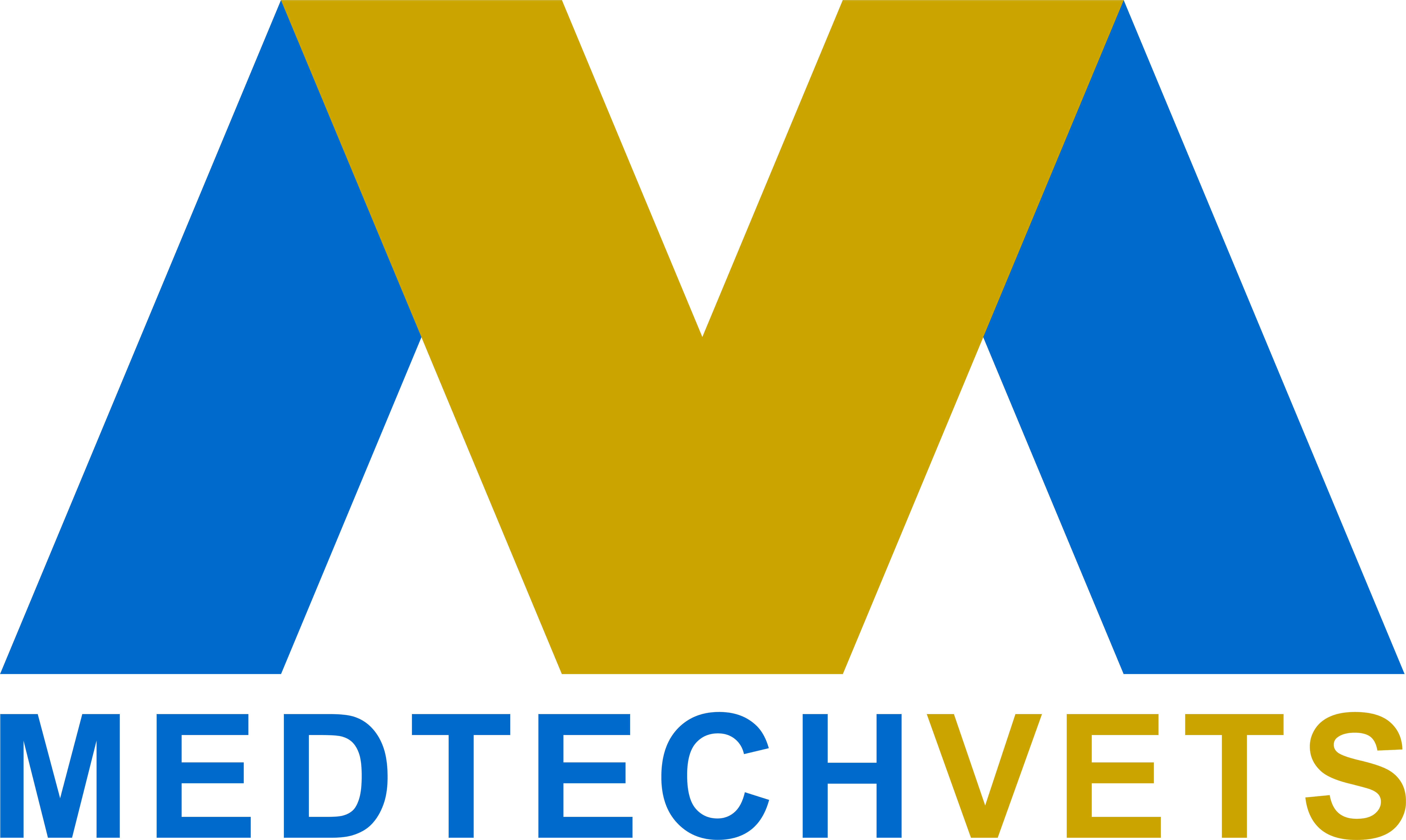
Military training, whether it be in the Navy, Army, Air Force, or Marine Corps, lends itself to skills that are translate-able to the higher echelons of the corporate world. As a result, more companies should look to this cohort of the workforce, for already developed leadership experience.
We chatted with one of our mentees.
MedTechVets chatted with Langley Barth, a Navy veteran now studying for his MBA, to get his take on why those in his cohort have an affinity towards biotech and medical device industries, and how their acquired skills fit into management jobs at these companies.
People who have served in the armed forces know how to work on teams to accomplish joint goals, thus why there is a natural interest in innovative companies like Ilumina, Dexcom, or Thermofisher. Each company develops cutting-edge technologies and performs important research that provides an extreme impact on the future of human health.
Typically, sales, project management, operations, or supply chain management in the medical device or biotech fields are the natural fits for veterans. Former military officers are often able to perform the duties of a manager in a civilian job, as managing people is the bulk of their experience in the military.
“You have experience managing people of different backgrounds, small teams across different departments, and you have to be able to speak intelligently and make time-critical recommendations to your Commanding Officer,” Barth explains. This multifaceted communications skillset is a common trait of military personnel in leadership positions.
Many skills are transferrable to leadership positions.
Think about the responsibilities of a Sales Lead or Sales Manager at any company; they would probably manage a small team of roughly ten people. On top of that, they orchestrate strategy within their region, delegate project tasks properly, be accountable for their team’s mistakes, and relay information back to the CEO.
This is essentially what being a Naval or Marine Corps officer entails. “Being on a ship during the COVID 19 Pandemic was a time of true uncertainty. “Working hand in hand with our medical representatives, we ensured personnel readiness through enforcing masks to be worn on board, reassigning personnel to different berthings to ensure minimum interaction between groups, and staggering meetings and meal times to avoid the spread of germs,” said Barth. Logistics acumen and excellent communication skills are cultivated here, which is why they translate so well into sales, product, and project management roles.
It is imperative for companies in the biotech and medical device industries to invest in programs that funnel and train veterans and active-duty military into the aforementioned roles. Companies like Johnson & Johnson and B Braun have already done an excellent job at creating veteran-specific programs that train and hire them into certain roles–but we hope to see more companies of all sizes, follow suit.
Apply today for one-on-one mentorship! If you would like to be a mentor, fill out the application to help a veteran.

